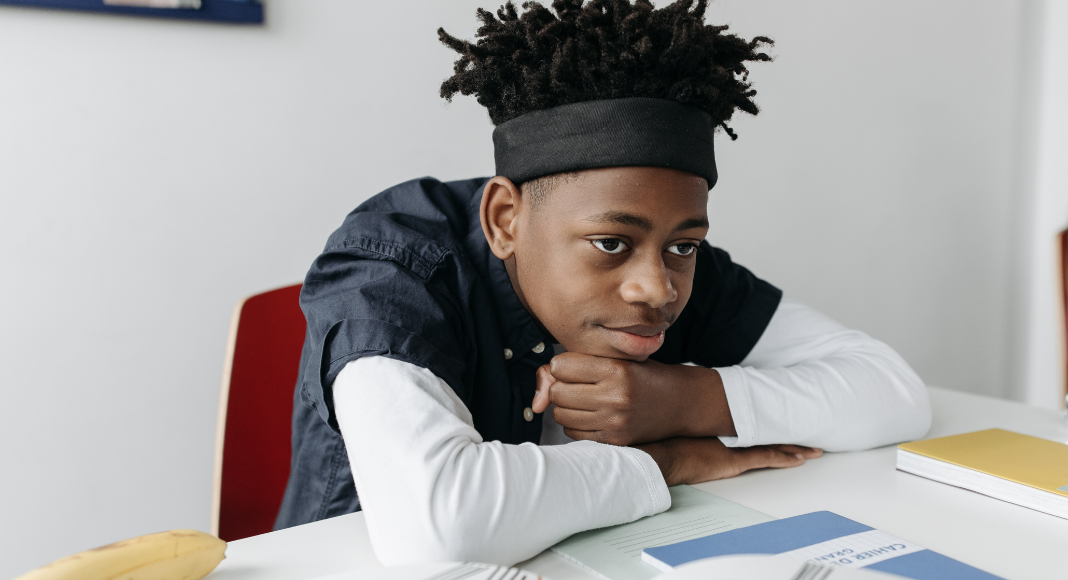It was a confirmation I had waited to hear for more than four years.
“Your child has ADD (attention deficit disorder).”
Technically, my child was diagnosed with ADHD combined type, meaning she was both inattentive and hyperactive/impulsive – but the relief was the same. My husband grew up struggling with ADD and I have family members who have it, too, so the diagnosis was not a surprise.

My first realization that my daughter had ADD came when she was in preschool. We tried a variety of different ways to help her focus yet nothing seemed to click. While she was doing ok at school, I knew she could be doing better if she could focus. Her teachers confirmed this at conferences and we worked together to help her the best we could in a variety of ways, such as putting a large rubber band around her chair so that she could bounce her legs off of it and putting her in small groups to complete schoolwork.
This year, my daughter entered the third grade. The pressure of schoolwork was more intense and I felt like enough was enough – something had to change. After meeting with school administrators, they encouraged us to try medication.
Asking the pediatrician about this was not a problem because I had voiced my concerns for years about my daughter potentially having ADD. After filling out paperwork from my daughter’s teachers, my husband and myself, the doctor felt he had enough information to agree that medication may be the way to go.
I was nervous, my daughter was nervous. Was this the best decision? Would it work? Would we notice a difference?
Let me tell you, we noticed a difference right away.
My daughter started taking her medication over a weekend, that way she could adjust to it. I couldn’t tell much of a difference at home, but the first day she went to school after having her medication, her teachers sent me messages saying they could tell significant differences.
Her handwriting was better; she was sitting still in her seat; she was more focused; she thought out questions before asking them rather than blurting out things.
I was in tears – my daughter was finally able to do things I know she could do all along, but just needed some help.
I know this result may not be the same for everyone, and I cannot emphasize enough how much communication from me, the teachers, and the pediatrician went into making the decision of putting my daughter on medication.
You are your biggest advocate for your child. If you feel there is something you can do to help them succeed, do it. I’m thankful every day now as my daughter heads to school, knowing she has the tools to help her stay focused and be the best she can be.












